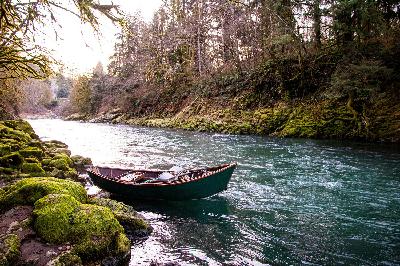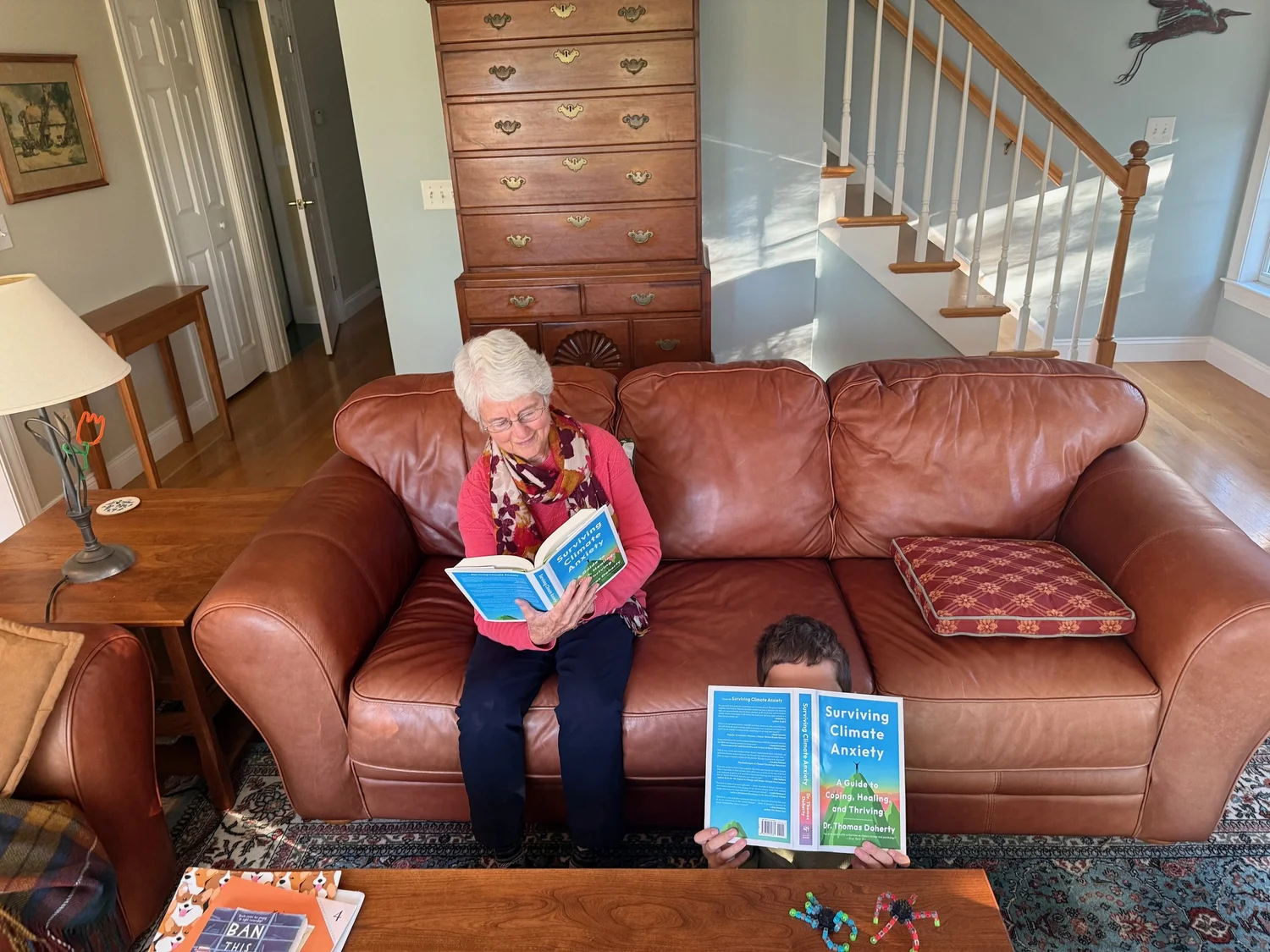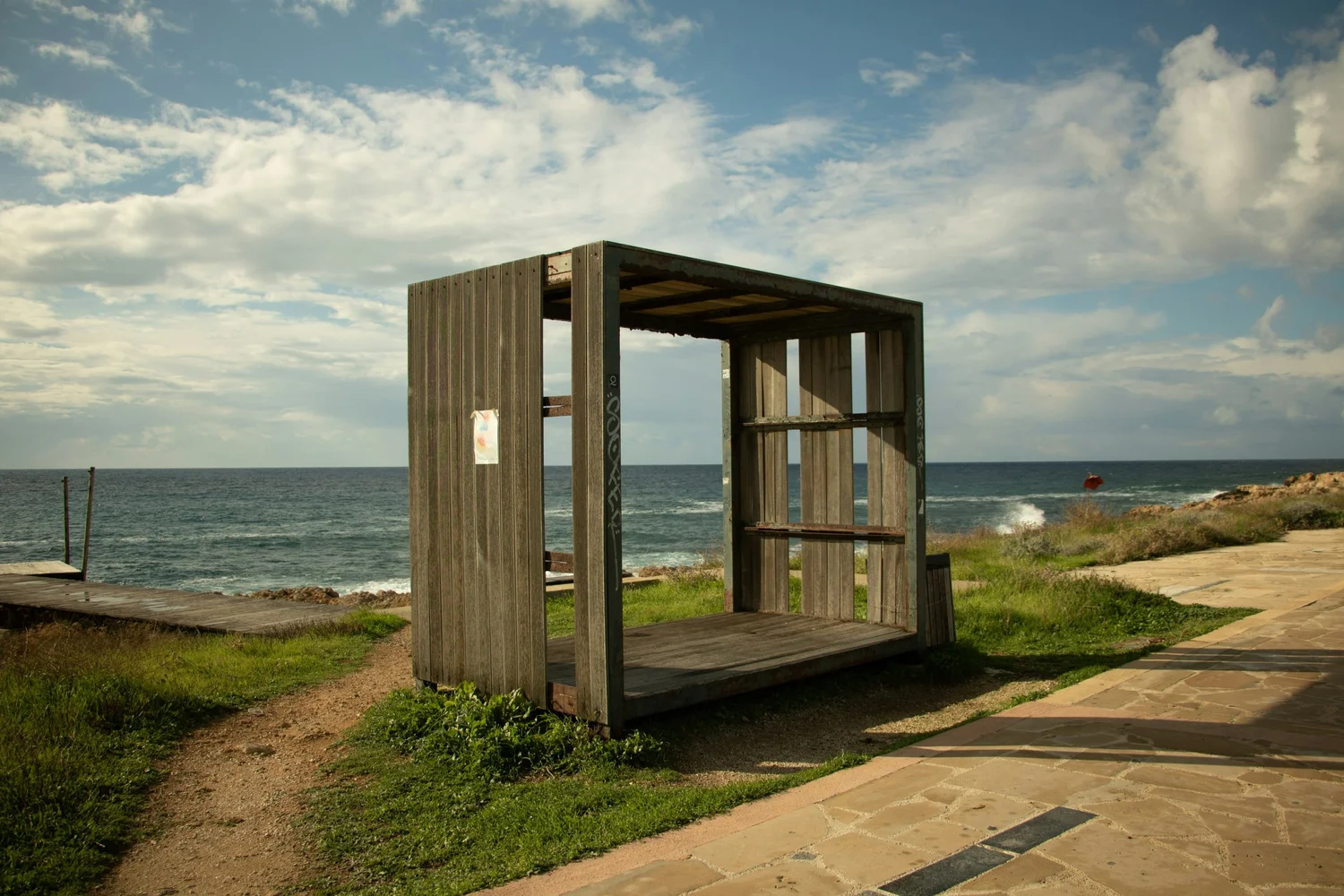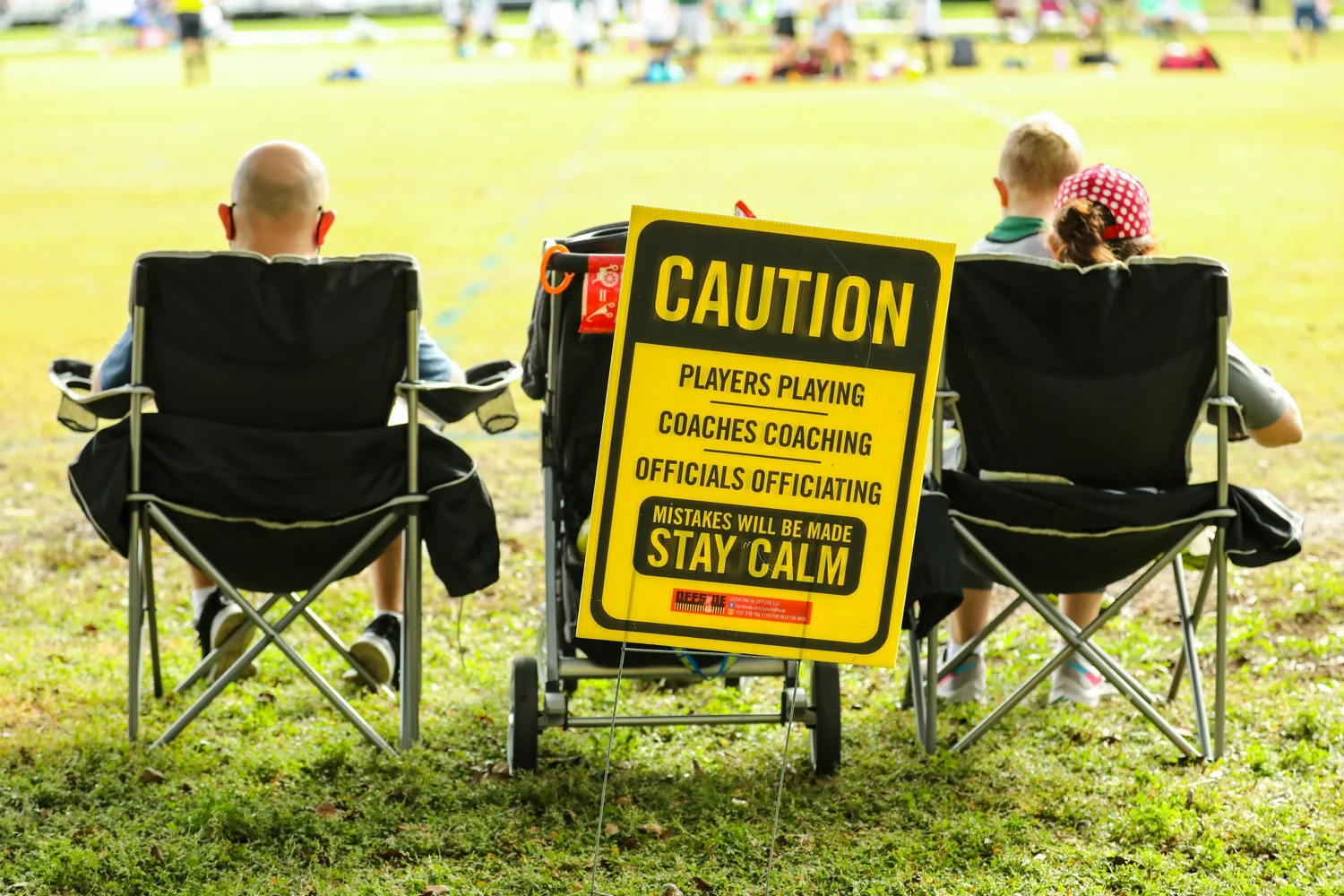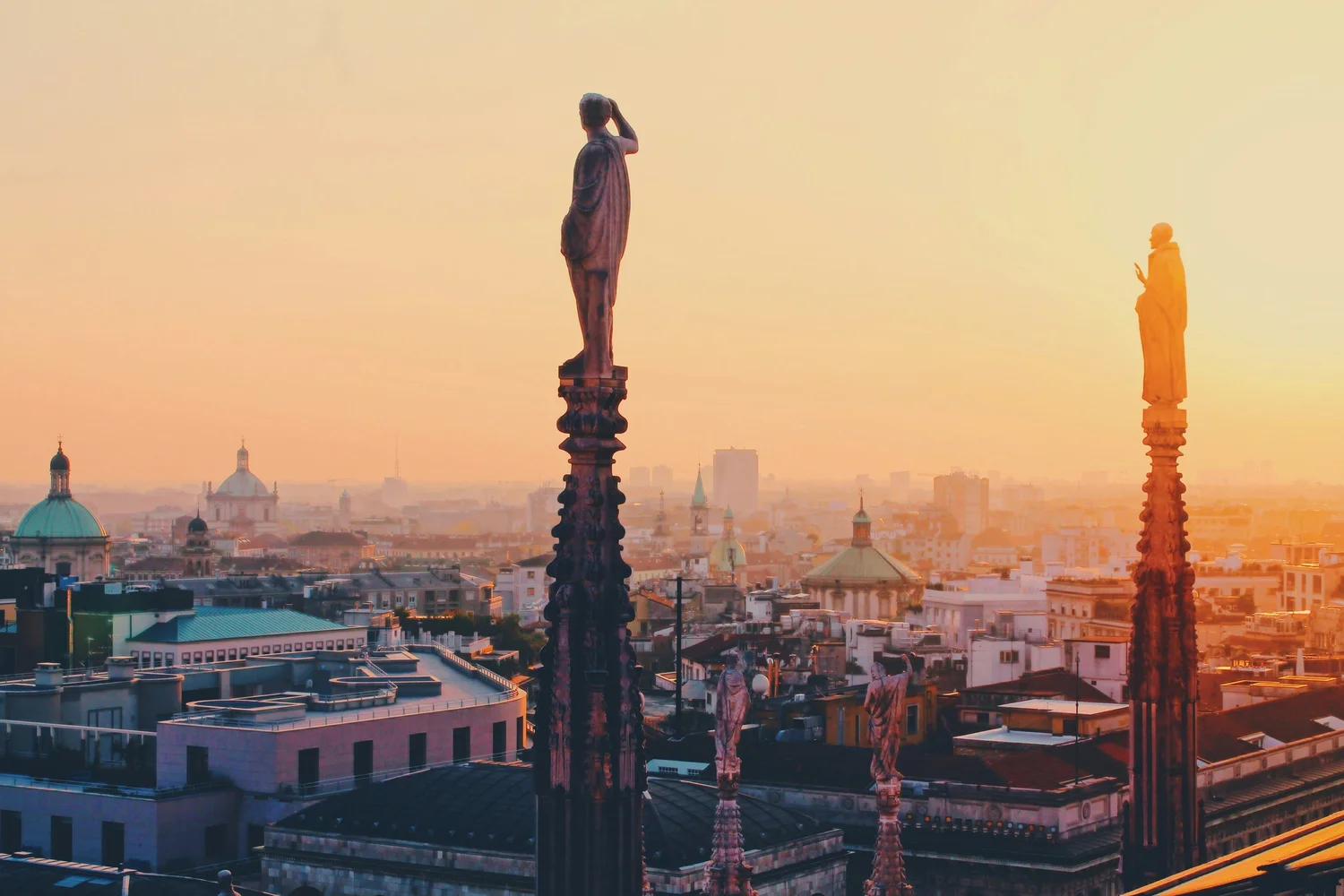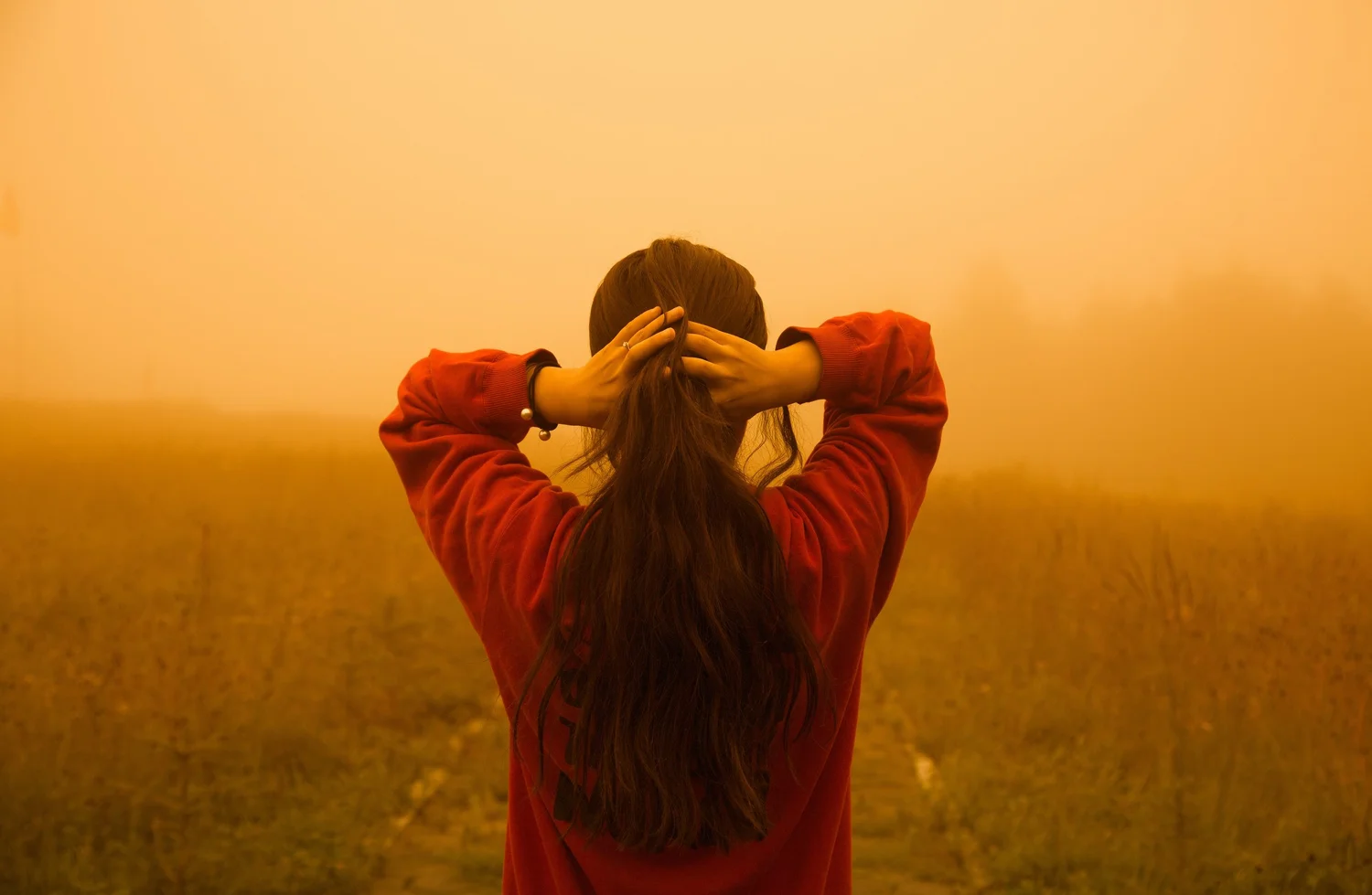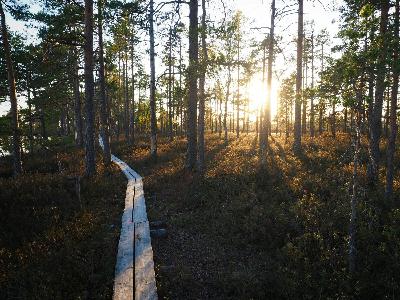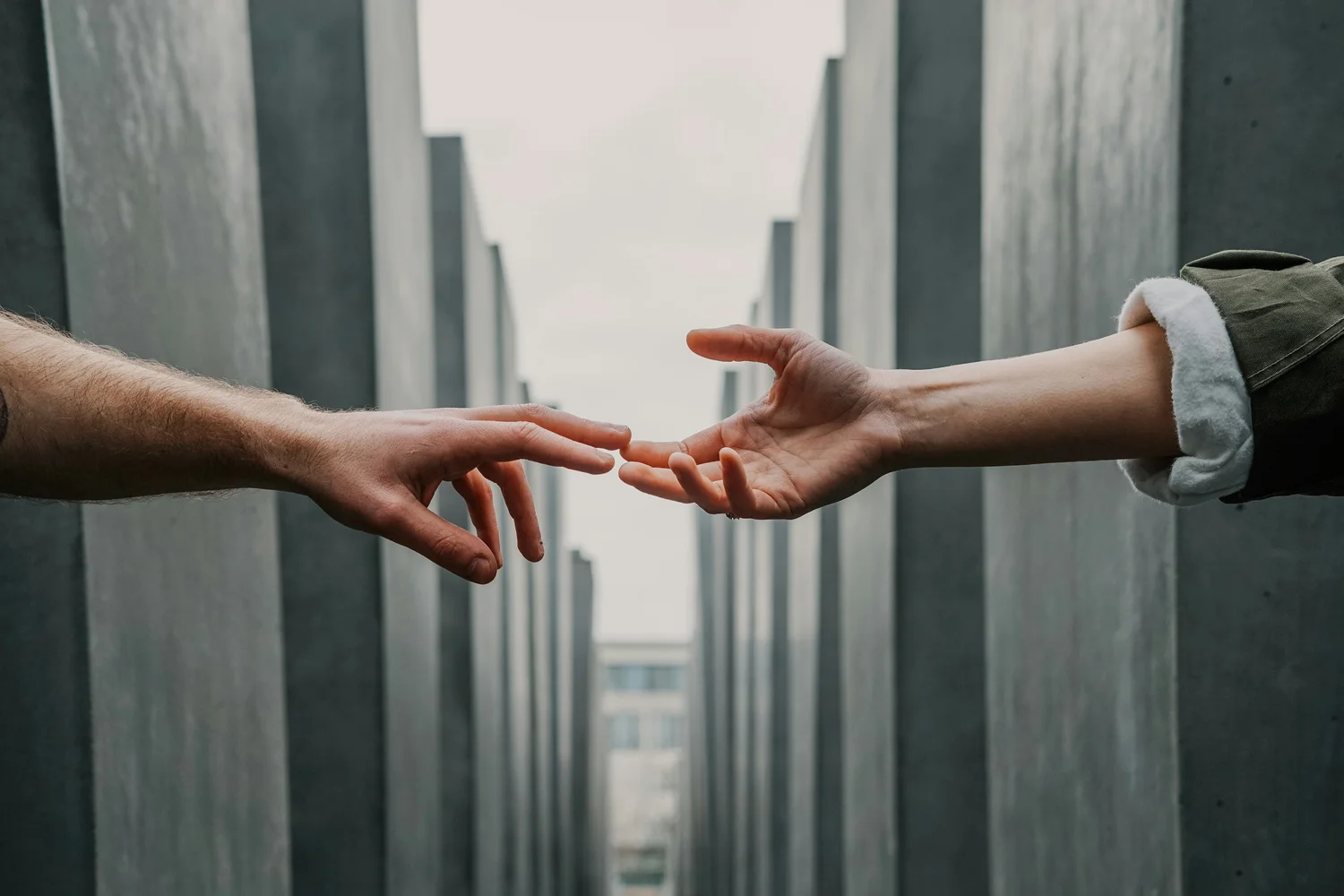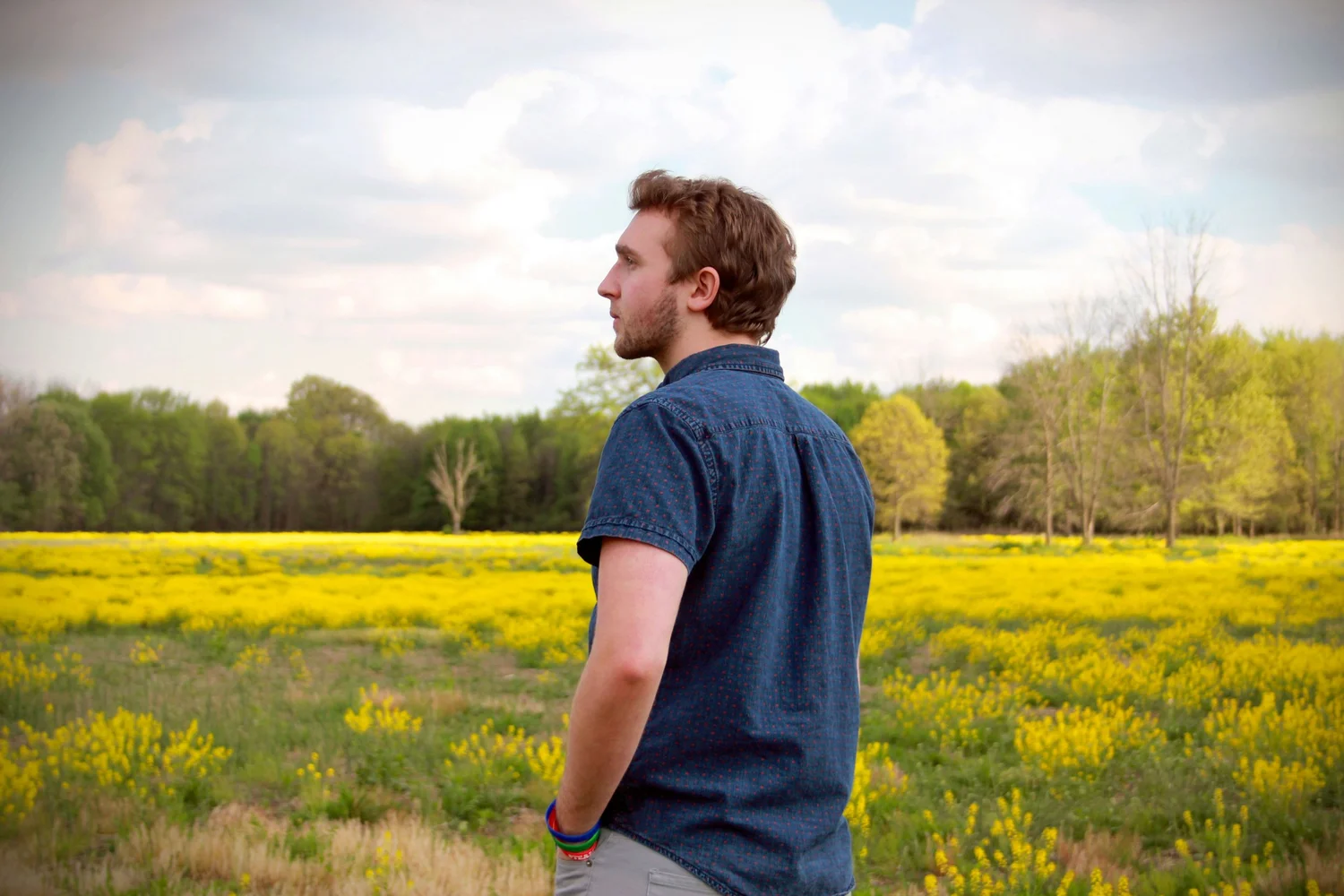Season 4, Episode 23: On Transformational Resilience with Bob Doppelt
Description
<figure class="
sqs-block-image-figure
intrinsic
">

<figcaption class="image-caption-wrapper">
image credit | Robin Canfield
</figcaption>
</figure>
Season 4, Episode 23: On Transformational Resilience with Bob Doppelt
Thomas and Panu met with long-time environmental and mental health advocate Bob Doppelt. Bob talked about his personal story beginning with landscape and river system conservation and moving into sustainability and leadership education. Bob also spoke of his recent activities working with the International Transformational Resilience Coalition on ways that communities can connect and adapt in the face of climate disruptions. Bob's latest work focuses on the idea of “community is medicine.” As happens when like-minded people come together, Thomas and Bob found that they had a number of mutual connections in the Oregon white water rafting community. Join us for an inspiring conversation.
Links
Transformational Resilience (book)
Transcript
Transcript edited for clarity and brevity.
[music: “CC&H theme music”]
Introduction voice: Welcome to Climate Change and Happiness (CC&H), an international podcast that explores the personal side of climate change. Your feelings, what the crisis means to you, and how to cope and thrive. And now, your hosts, Thomas Doherty and Panu Pihkala.
Thomas Doherty: Well hello, I’m Thomas Doherty.
Panu Pihkala: And I am Panu Pihkala.
Doherty: And welcome to Climate Change and Happiness. This is our podcast, a show for people around the globe who are thinking and feeling deeply about climate change and other environmental issues. And you know what they say when you pick on one thing in the universe, it's hitched to everything else. So, climate environmental issues include your family, politics, economics, your life, your spirituality. So, all this stuff. And we really enjoy having conversations with people around the world. And I'm really honored to have a guest today. A person that I've actually never met but we have a lot of shared contacts in the past as often happens. So, I'd like you to meet our guest.
Doppelt: Hello, I’m Bob Doppelt. I coordinate the International Transformational Resilience Coalition. I'm happy to be here today.
Doherty: Yeah, and we were just chatting before we started. Now, I used to work as a river guide and an outdoor guide in Oregon. And I knew Bob had been a river guide too and it turns out we know some of the same people and some of my mentors he had worked with. It's a small world in sustainability and climate sometimes, and we cross paths. So that's already a nice connection we're having. And I'm really interested in actually hearing about Bob's current work and all the things he's doing. Panu, do you want to get us started?
Pihkala: Warmly welcome, Bob, also on my behalf. Pleasure to meet you. We have been presenting in some of the same lecture series, but we haven't actually talked with each other, so this is a pleasure. I started working on eco-anxiety and eco-emotions around 2008 or 2009, and then in a more concentrated manner after 2015. And during that period, I was very happy when I found your book from 2016 called Transformational Resilience. Terms such as eco-anxiety existed. They were not as popular as they were later on, but I was really surprised how wide-ranging that book was already, including both individual methods for calming down your nervous system when there's too much stress and lots of things around community and social relations and resources. So, I was very grateful for that, and it's actually had some influence in Finland also, but before going into details, and listeners, we will open up the concept of transformational resilience, it would be very nice to hear something about your personal journey. How did you become so invested in these matters related to environmental issues and human psychology and community resilience?
Doppelt: Well, thank you both and nice to meet you both. Even though it's not in person yet. But I've sort of, like many of us in life, go in a fishtail kind of experience through life. I've been a river guide all my life, including in high school, and had always had a strong connection to the outdoors. But in doing that, one of the things I did when I was very young, I was hired at age 21, after college, to run an outdoor treatment program for 30 kids. Here are 30 kids, now take them around the country and do rock climbing, backpacking, river running, and don't kill anybody. That was sort of the message I got from the director, but we did it, and it went well. So, it was early on that I had an experience of having to work with people who were in stressful situations and in the outdoors. And it was a very interesting learning experience.
So, I ended up going to grad school both in counseling psychology and in environmental science. My first actual professional experience, I worked as a counselor with troubled youth and their families. And after a number of years there, I realized that I didn't have enough understanding of what many of these kids were going through to really help them. I was trained in Adlerian counseling and Dreikurs family therapy and this didn't help many of the kids that I was dealing with, and we can get into that later. I got burned out because of that, so I went back into the environmental field. Then ended up, after many years, running the Climate Leadership Initiative at the University of Oregon, which was one of the very first social science based ethical assistance research programs in the US. So, we ran around helping organizations, state governments, country governments and others develop their first climate action plans. We went to southeast Florida and helped organize the Southeast Florida Climate Resiliency Compact which brought together the largest metro area in Florida, Miami-Dade and Broward counties to prepare for sea level rise, storm surges, and other impacts. Then, Superstorm Sandy came along which you might remember. I guess 12 years ago. We saw mental health impacts in the northeast of the US such as New York, New Jersey, Connecticut, but it skirted along the coast of Florida, and we saw the same impacts here. The other people in the climate field didn’t see that or if they did, they didn’t care much because it wasn’t their background. But because of my background in mental health, I saw those impacts and I knew they were going to get way worse because the climate emergency was going to get way worse. That led me to form the ITRC, the International Transformation of Resilience Coalition, to try to combine these two fields now 11 years ago.
Doherty: Yeah, this is great. Either for young people or for people that are new in some sort of climate or sustainability, it's important to realize this is not new at all. People have been in some form of environmental sustainability for 50 years, in the modern sense of the term and certainly climate. Now someone who grew up in Oregon, I talk in the book I'm working on about the emergence of the modern environmental movement. Much of it took place on the West Coast and in places like Oregon and Eugene. So, this idea of having a climate resilience plan isn’t new. It was like 30 years ago that people were talking about this. It wasn't just yesterday. So, it's really great to talk with you. It gives a sense of the breadth and distance and depth of this kind of program. A lot of people were surprised by Sandy, but you were already involved and could see it coming. All these experiences like Sandy, Lahaina, the LA fires, and Ashley. These are all tipping

